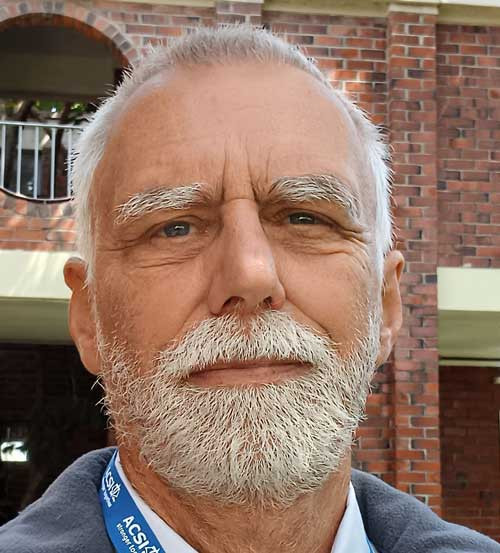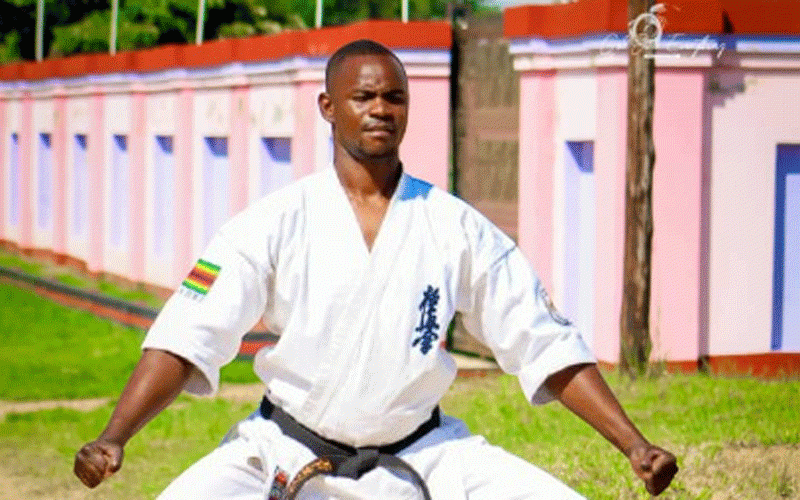
We do not need to drive far around town nowadays to witness a scourge on the landscape – in other words, numerous unfinished houses.
Huge, clumsy, ramshackle piles of bricks lie on the side of the road, with piles of half-used, crusted sand alongside, while inside the property, often without a wall, a building lies unfinished, attracting weeds and rust.
Some have got no further than foundation level, others have completed the walls; others do have a roof, even window frames fitted, but they are simply empty, blank, useless shells.
In their bleak unfinished state, they are speaking volumes: why start something when you cannot finish it?
It is interesting that Christ referred to such an event a long time ago when He said “Suppose one of you wants to build a tower.
Won’t you first sit down and estimate the cost to see if you have enough money to complete it?” [Luke 14:28] Well, won’t we?
We might describe such people as living in ivory towers, (being “a state of privileged seclusion or separation from the facts and practicalities of the real world”), except they would not have managed to finish the ivory tower in which they wish to live!
On another occasion, Christ referred to the sadness and danger of unfinished buildings when He commented on how futile it is to only do half the job as the emptiness exposes the person to far greater dangers and events [Matthew 12:43-45].
- Bulls to charge into Zimbabwe gold stocks
- Samaita owes success to God
- ZRC wraps up stakeholder consultations
- Ordinary citizens or foreign capital? July Moyo must choose
Keep Reading
There is nothing worse than seeing something not completed. How frustrating and irritating it is to listen to an unfinished sentence, like “I can’t wait to see the …”! See what? Equally, how poor is it to have an unfinished paragraph…? What use is it if…?
John Stephen Akwari is a classic example of the importance of finishing something, and indeed of finishing well.
He was a marathon runner representing Tanzania at the 1968 Mexico Olympics: but after around 19 of the 42 kms he fell badly and suffered severe injuries. Rather than give up, he limped, hobbled, walked, ran on, finishing well over an hour after the winner, well after the medals had been handed over, well after the majority of the spectators had left, running in darkness before entering the stadium.
When he was asked by reporters in the press conference why on earth he had continued when he had no chance of winning, when he had every reason to stop due to his injuries, he simply yet profoundly replied that, "My country did not send me 5,000 miles to start the race; they sent me 5,000 miles to finish the race"
A popular quiz show in the last century, entitled ‘Mastermind’, had contestants attempting to answer correctly as many questions as they could in two minutes, with the two minutes being signalled by a siren. If the quizmaster had started a question but had not finished it when the siren went off, he would say, “I’ve started so I’ll finish”. Yes, it is important to finish what is started.
So, now, as ‘Mastermind’ had a special subject section, the special subject of this article is school sport so here is the question: “If education is for life and sport is integral to education, what follows logically?” Answer: Sport is for life. Correct! I have started sport; I will keep on doing it through life. Sport is for life, for all of us.
If we start doing sport at school but then give it up, our physical (and indeed mental) fitness and health are likely to be worse off than when we started.
All those empty hollow, unfinished buildings scattered around town may well be pictures of our children today who give up sport; they are echoes of what the poet TS Eliot described in his poem, ‘We are the Hollow Men’ in which he “uses imagery of decay and lifelessness to portray the hollow existence of these individuals, who lack purpose, emotion, and connection”.
Later, the rock band Pink Floyd had a popular hit with the refrain “We don’t need no Education” using the image of those who go to school being “another brick in the wall”.
In a similar way, many nowadays like to believe we don’t need no sport in education. They think so because they feel they are not talented or they are not interested yet those two reasons are all the more reason to want it, to need it.
We started this article so now must finish. The lives of our children will be empty, echoing, hollow shells if they stop sport when they leave school. Educators did not send them to school to start doing sport; they sent them to school to continue doing sport, all through your life. End of!










